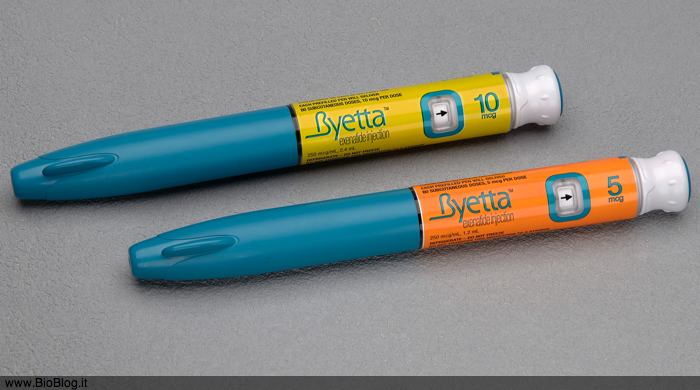Parkinson’s disease, a brain disorder that causes the gradual loss of muscle control, can be slowed down with a diabetes drug.
The diabetes drug, exenatide, was effective in the treatment of people who have Parkinson’s, says a study conducted by University College London’s Institute of Neurology.
Before arriving at the determination, researchers administered a weekly injection of exenatide or an inactive placebo to 60 people with Parkinson’s disease.
For 48 weeks, researchers monitored the test subjects and their usage of the medication.
They found that those who took the diabetes drug scored four points higher on a 132-point scale of agility, speech and tremors than those who took the placebo.
“The results from the exenatide studies justify continued testing, but clinicians and patients are urged not to add exenatide to their regimens until more is known about their safety and impact on Parkinson’s,” said Fiske, senior vice president of research programs at The Michael J. Fox Foundation for Parkinson’s Research.
“The results from the exenatide studies justify continued testing, but clinicians and patients are urged not to add exenatide to their regimens until more is known about their safety and impact on Parkinson’s.”
Sequel to Fiske’s suggestion, Martin Niethammer, another Parkinson’s expert, agreed that the need for more research is required.
“While these are exciting findings, the observed benefit was small and only in one outcome-measure,” he said.
“This might relate to the study being relatively small and of short duration, rather than lack of efficacy [effectiveness] of exenatide, and more study is certainly needed.”
Copyright 2025 TheCable. All rights reserved. This material, and other digital content on this website, may not be reproduced, published, broadcast, rewritten or redistributed in whole or in part without prior express written permission from TheCable.
Follow us on twitter @Thecablestyle

